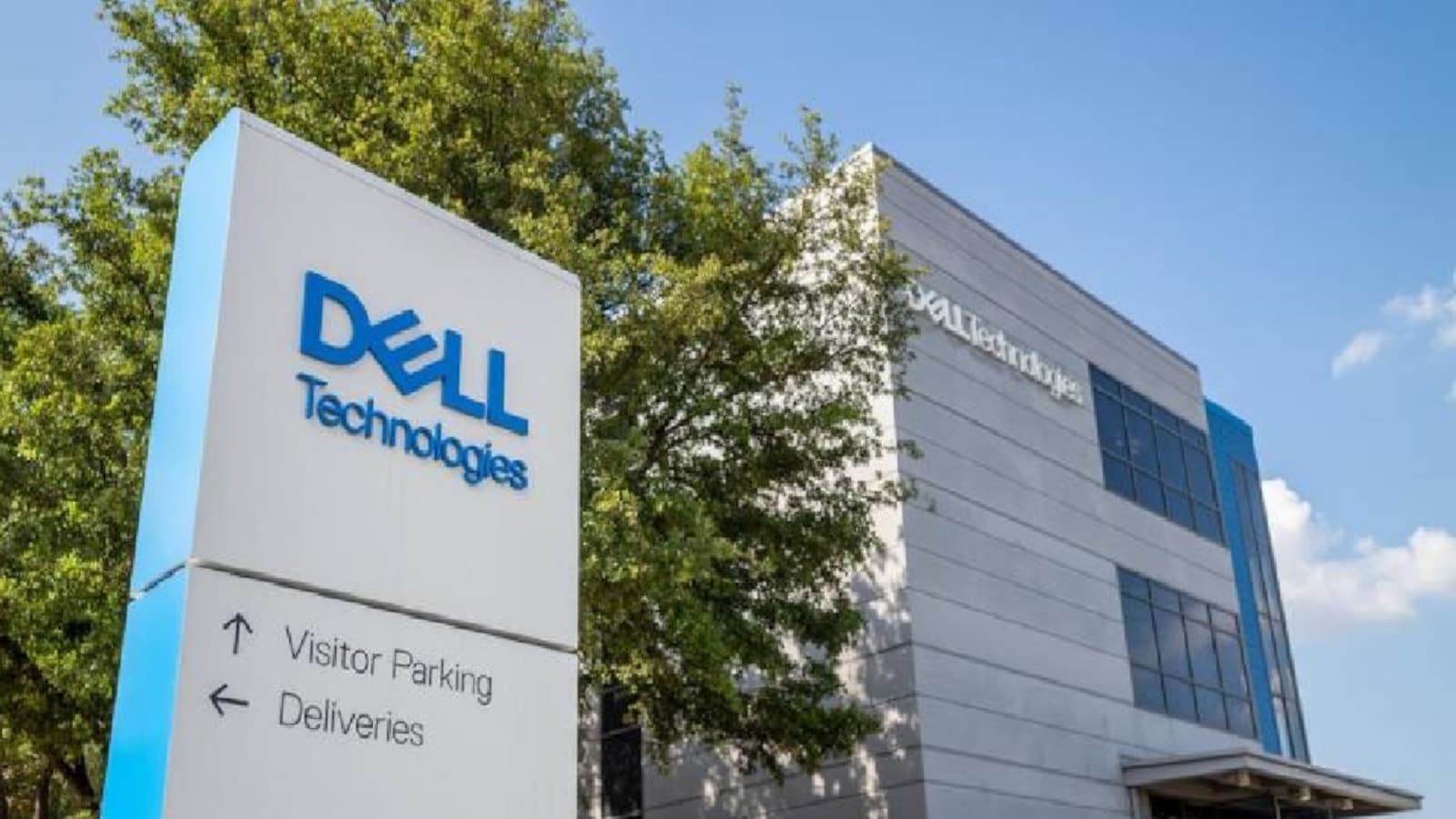In a surprising pivot from its long-standing support of remote work, Dell Technologies has charted a new course that could reshape its corporate culture and the future of its workforce. This development comes amid a broader conversation on the role of remote work in fostering innovation, collaboration, and career advancement within the tech industry.

From Advocacy to Restriction: Dell’s Work-from-Home Evolution
Dell’s journey through the remote work landscape began over a decade ago, well before the global upheaval caused by the COVID-19 pandemic.
With a progressive stance that pre-dated the crisis, Dell had already integrated remote work into its operational model, boasting that 65 percent of its employees engaged in some form of telecommuting at least once a week. This was a testament to the company’s forward-thinking approach to work-life balance and technological enablement for its global team.
However, a recent report from Business Insider reveals a stark reversal in Dell’s policy. Beginning in May, Dell employees who opt to work fully remotely will find themselves excluded from promotion opportunities, a move that marks a significant shift from the company’s previous pro-work-from-home (WFH) advocacy.
The policy update suggests a reimagining of collaboration and productivity, privileging those who participate in a hybrid work model—requiring physical presence in the office for at least 39 days per quarter—over their fully remote counterparts.

This shift is encapsulated in a statement from Dell, emphasizing the belief that “in-person connections paired with a flexible approach are critical to drive innovation and value differentiation.”
Yet, this stance raises questions about the company’s past endorsements of remote work’s efficacy, especially considering CEO Michael Dell’s previous comments dismissing the necessity of traditional office hours for fostering collaboration and a sense of belonging.
The Ripple Effects of Changing Tides
The implications of Dell’s revised policy extend beyond internal logistics and employee morale. They touch on broader themes in the corporate world, such as the evolving nature of work, the integration of work and life, and the mechanisms by which companies seek to navigate the post-pandemic landscape.
For employees, particularly those who have built their working routines around the flexibility that remote work offers, the change is not just about logistics but about the potential for career growth.
An anonymous Dell employee’s remark to Business Insider highlights the dilemma faced by many: the choice between remaining “the low man on the totem pole” or adapting to a hybrid model that may disrupt their work-life balance.
Moreover, the policy shift comes on the heels of significant layoffs within the company, adding a layer of uncertainty and speculation about the motivations behind the change. Concerns about cost-saving measures disguised as policy updates, along with the potential for disproportionate impacts on certain groups, such as women, add to the complexity of the situation.
Dell tells remote workers that they won’t be eligible for promotion – The upcoming policy update represents a dramatic reversal from Dell's prior stance on work from home https://t.co/mCa60N25m1
— hexawow (@hexawow) March 18, 2024
Navigating the Future of Work
As Dell embarks on this new chapter, the tech industry, and corporate America at large watch closely. The move challenges preconceived notions about remote work and its impact on company culture, innovation, and employee advancement.
With studies, such as one from the University of Pittsburgh, questioning the efficacy of return-to-office mandates in boosting company performance, the debate over the optimal blend of remote and in-person work continues.

Dell’s transition reflects a broader reassessment of remote work’s place within the corporate ecosystem. As companies strive to strike a balance between flexibility and collaboration, the evolution of work-from-home policies will likely remain a dynamic and contentious field, shaping the future of work in the tech industry and beyond.
In the end, Dell’s policy update is not merely a procedural change but a statement on the changing landscape of work.
As the company navigates this transition, the lessons learned and the outcomes observed will undoubtedly contribute to the ongoing discourse on how best to align the needs of the business with the well-being and aspirations of its workforce.










